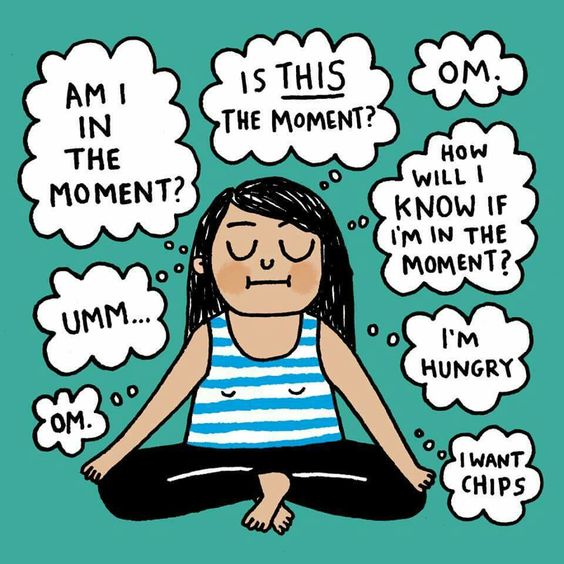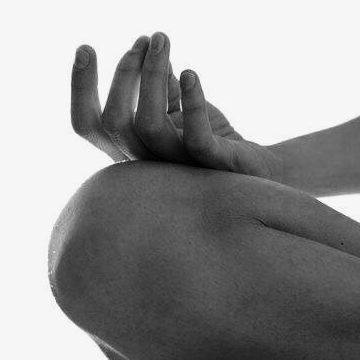A beginner’s guide to meditation (and why it’s not as hard as it seems)

Only hippies do meditation, right? They sit cross-legged on cushions and chant while a CD plays whale songs. Well, no actually. There’s nothing weird about it at all. Ellen DeGeneres sums it up perfectly when she likens it to fixing your computer. ‘Sometimes, when it goes crazy, you just have to shut it down and, when you turn it back on, it’s OK again,’ she says. ‘That’s what meditation is.’
So, how do you meditate?
You just have to sit and relax. A straight back is good, but you can get that on a chair. Sit cross-legged if you want – but you don’t have to. Now concentrate on your breathing. Breathe in all the way down, down, to your lungs. And then breathe out. Nice and slowly. Forget everything else. Just concentrate.
Don’t think you’re doing it wrong if your mind is active. With practise, you’ll be able to clear your head and push the thoughts away as they arise. And when will that be? Stop worrying about it. It doesn’t matter. There isn’t really a ‘right’ or ‘wrong’ way.
How long do you have to meditate for?
All it takes is two minutes a day. That’s all. You’re just trying to be more ‘you’. Do it for a week and you’ll feel the benefits. Increase the time gradually – three minutes, five. But go at your own pace. And remember: start small. Though people meditate for hours and hours, 20 minutes two times a day is optimal.
So, which type of meditation is right for me?
There are lots of different types of meditation – compassion, mindfulness, transcendental. Read up and choose the one that works for you.
What are the benefits of meditation?
1. Say goodbye to loneliness
Though it sounds cheesy, meditation will teach you to love yourself more which will, in turn, reduce the feeling of emptiness – a negative emotion – which loneliness can evoke.
2. Make a connection
As you get better at meditation, you will find yourself more in tune with your inner self and, as that general awareness grows, you’ll be more in tune with your others, too – all of which is good for your long-term happiness.
3. Master your stressful times
We all get stressed but meditation helps to put things in perspective. It won’t give you less to do, but it may make you understand that all those urgent things are maybe not quite as urgent as you thought. This alone will help you deal with them more quickly and effectively. As the old saying goes: ‘You should sit in meditation for 20 minutes a day. Unless you’re too busy, then you should sit for an hour.’
Read more: Andy Puddicombe on Headspace, life and bringing meditation to the masses









